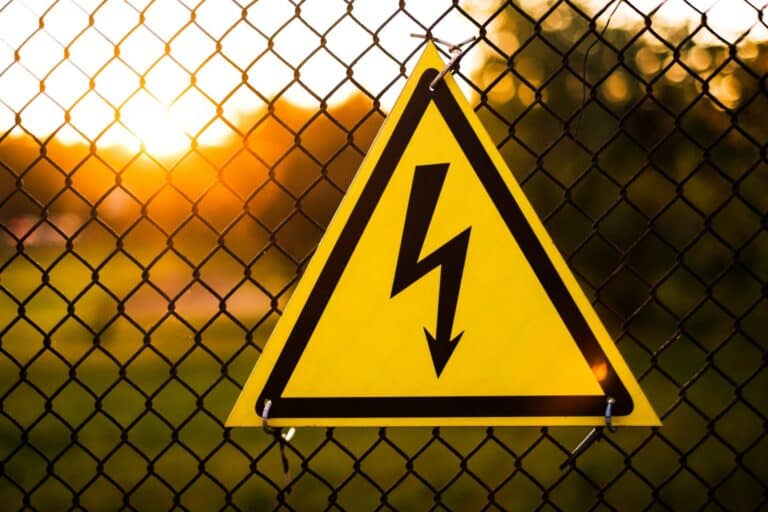Interim Compensation Payments in Personal Injury Claims
Most people would struggle financially if involved in a catastrophic accident that prevented them from working. Injured claimants may be unable to work temporarily, or even permanently, and this can cause significant financial hardship.
Serious injuries may also result in a need for care, treatment, aids and equipment and suitable accommodation, which wouldn’t otherwise have been required.
Due to the extensive evidence that is often required, personal injury claims can take months and often years to resolve. Therefore, it is important that claimants have access to interim payments throughout the duration of their claims in order to financially support them.
An interim payment is a part payment of damages, which is paid in advance of the final settlement. Often, numerous interim payments are required throughout the lifetime of any claim, particularly where the claimant has suffered serious injuries.
When can an interim payment be requested?
Specialist personal injury lawyers will know when and how best to request interim payments from the defendant, their insurer or their solicitor. They will also be able to provide advice on the appropriate sum to request. This will depend largely upon the likely final value of the claim.
No two personal injuries claims are the same. It may be appropriate to ask for the first interim payment at the early stage of a claim where an admission of liability has been received, or when particular evidence on the claimant’s treatment requirements has been obtained.
Throughout the duration of a claim, it is important to keep up to date with the claimant’s financial situation. This will allow their lawyer to plan when to request an interim payment and how much to request. Interim payments can be requested at any stage. However, there is no guarantee that the defendant will agree to provide the full sum requested or anything at all, depending on the circumstances of each case.
Where the claimant is a child or a protected party (someone who lacks the capacity to conduct the legal proceedings) the court’s permission will need to be obtained before an interim payment can be released.
What conditions must be satisfied?
Where a defendant refuses to provide an interim payment, the claimant may apply to the court for an order for an interim payment. The application can only be made once court proceedings have commenced.
The Civil Procedure Rules specify that the court may only make an order for an interim payment where any of the following conditions are satisfied:
-
- the defendant has admitted liability to pay damages to the claimant;
- the claimant has obtained judgment against the defendant for damages to be assessed;
- the court is satisfied that, if the claim went to trial, the claimant would obtain judgment for a substantial amount of money against the defendant; or
- if there is more than one defendant:
- the court is satisfied that, if the claim went to trial, the claimant would obtain judgment for a substantial amount of money against at least one of the defendants (but the court cannot determine which); and
- all the defendants are public bodies or are insured or would have their liability met by an insurer.
The claimant will need to show that, on balance, one of the above four conditions has been met. If the interim payment application is successful, the court will not order a payment of more than a reasonable proportion of the likely final compensation sum.
What can interim payments be used for?
Claimants are not obliged to provide an explanation of exactly what the requested interim payment will be spent on. However, the defendant or the court will be much more likely to grant an interim payment if it can be demonstrated that the money will be spent wisely.
Where interim payments have already been provided, it is advisable for the claimant to keep receipts and invoices for the sums spent. This will enable the claimant to show that previous interim payments have been put to good use, and will be again.
Interim payments can help the claimant and their family maintain the same lifestyle that they were used to prior to the accident. They can often be used to cover lost earnings and the cost of any care and assistance required.
These losses often form a large proportion of the total value of the claim. I have previously blogged on how to calculate and claim for loss of earnings and care and assistance.
How will interim payments impact the final award?
Interim payments received throughout the life of the claim will be deducted from the final compensation figure at the conclusion of the claim.
Receiving interim payments may affect a claimant’s entitlement to receive certain means tested state benefits. The increase in household capital may result in benefits being reduced or stopped altogether. There is a potential way around this and you can read my blog on protecting entitlement to benefits.










